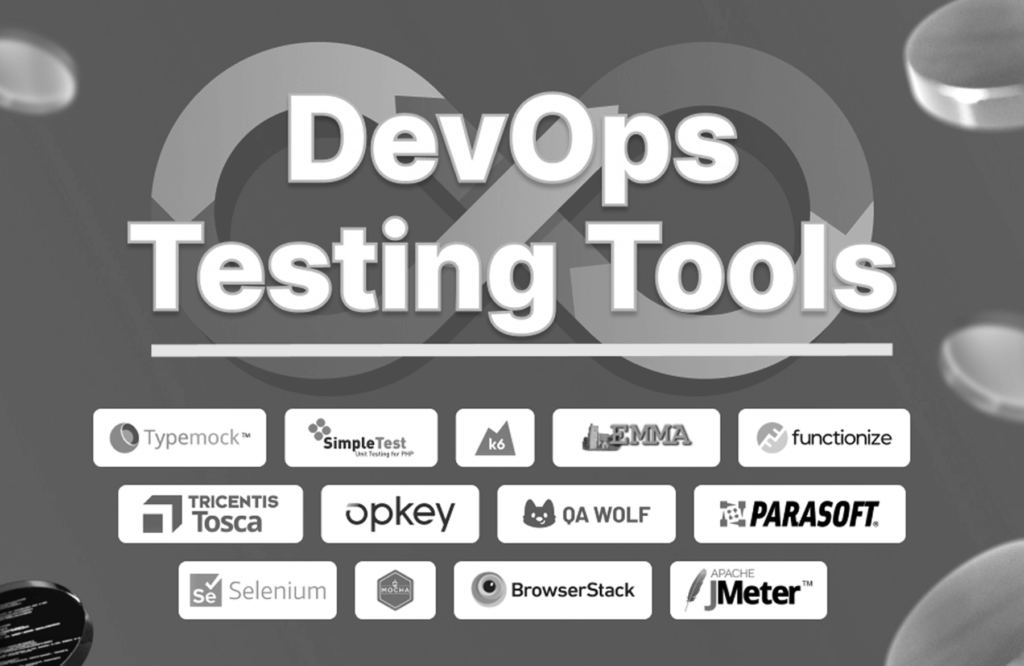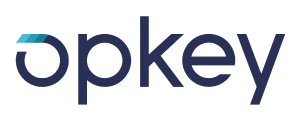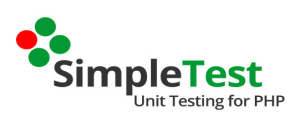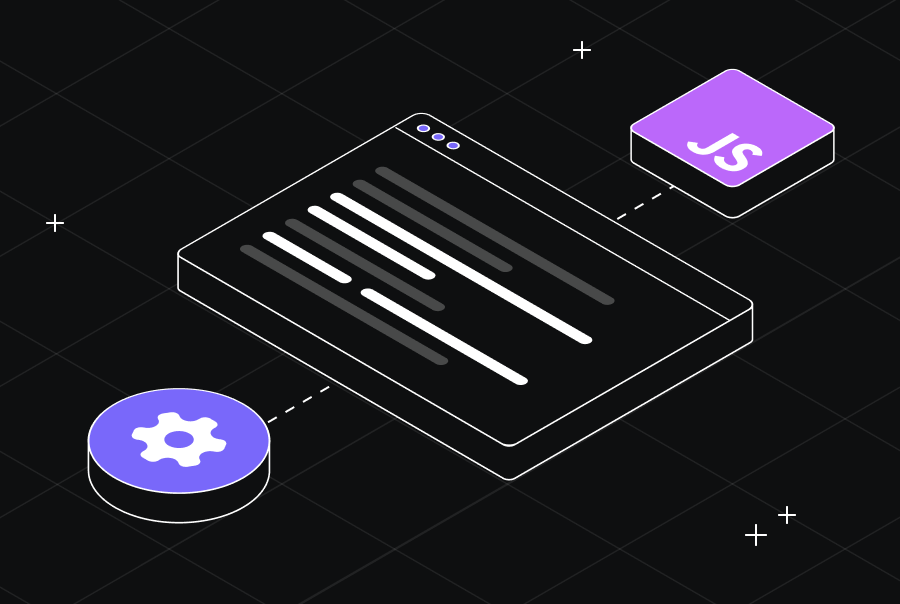13 Best DevOps Testing Tools For 2025


DevOps has become a pioneer in software development. It bridges the gap between development and operations teams to ensure faster delivery of reliable, high-quality software.
Testing is a key player throughout the DevOps lifecycle, ensuring that code changes do not introduce new bugs or performance issues.
This paper will discuss the basics of DevOps testing and some of the best DevOps software testing tools for 2025.
Before jumping to the tools, let’s go through the basics.
DevOps Testing and its Importance
DevOps testing is an essential component of the DevOps culture, emphasizing testing integration and automation throughout the SDLC. It aims to increase the efficiency and quality of software development by empowering collaboration between development, testing, and operations teams.
This continuous testing approach maintains the integrity of the CI/CD pipeline, allowing for early-stage bug detection, quick feedback, and faster issue resolution.
Furthermore, effective testing helps reduce downtime, improve user experience, and orchestrate the overall health of your software.
DevOps Testing Tools
DevOps automated testing tools play a vital role in automating and streamlining the testing process by thoroughly evaluating all aspects of the application before deploying it. The seamless integration with CI/CD pipelines enables continuous testing and provides real-time feedback on code quality.
Choosing an appropriate DevOps testing tool might be complicated, considering the wide range of alternatives available today.
Here are some factors to consider:
- The tool should be extensively automated to minimize human intervention and increase test efficiency. It should also support various types of testing, including functional, performance, security, and usability testing.
- Continuous testing requires seamless integration with common CI/CD tools like Jenkins, GitLab, and CircleCI.
- A user-friendly interface and comprehensive documentation.
- The tool should be able to handle growing project needs, accommodate increasing volumes of tests, and availability of open-source alternatives.
Now, look at some of the best DevOps testing automation tools you can find in 2025.
13 Best DevOps Testing Tools for 2025
1. QA Wolf

QA Wolf is a cloud-based testing platform designed to optimize and simplify the end-to-end testing process. It integrates seamlessly with CI/CD pipelines, offering teams real-time collaboration on test creation and execution.
Key Features:
- QA Wolf offers automated test generation from user interactions, reducing manual scripting efforts.
- It emphasizes real-time collaboration, allowing multiple team members to work on tests simultaneously.
- Allows easy integration with CI/CD pipelines for continuous testing and feedback.
- You can use its detailed reporting and analytics to track test performance and results.
- Built-in test maintenance will help you to keep tests up-to-date with application changes.
- Use browser-based test recording to capture user actions for accurate test creation.
- You can utilize parallel test execution to speed up the testing process and reduce feedback time.
QA Wolf is free for small teams with limited features, while larger teams can opt for paid plans that offer advanced functionalities.
2. k6

k6 is one of the DevOps software tests that provide high performance and scalability. It is designed for developers and testers to test the performance of APIs, microservices, and websites.
Key Features:
- You can use scripting in JavaScript, making it accessible to your fellow developers.
- This tool offers high-performance and scalable load-testing capabilities.
- Allows extensive integration options with CI/CD pipelines.
- Utilize detailed performance metrics and reporting.
- You can perform cloud execution for large-scale testing scenarios.
- With k6, you can have built-in support for testing RESTful APIs and WebSockets.
- It allows thresholds and alerts to monitor performance metrics and identify real-time issues.
K6 offers a free version with essential features and a pay-as-you-go pricing model. The premium version, k6 Cloud, provides additional advanced features for larger projects and starts at $299/month.
3. Opkey

Opkey is a no-code automation platform that simplifies creating and maintaining automated tests. It supports various applications, including ERP, CRM, and custom apps.
Key Features:
- Opkey offers no-code test automation, enabling quick and easy test creation.
- You can use pre-built test accelerators for popular enterprise applications.
- It gives AI-driven test maintenance to keep tests up-to-date with minimal effort.
- Provides you with various cross-platform testing capabilities.
- Integrate the tool with popular CI/CD tools for seamless automation.
- Perform data-driven testing to ensure comprehensive test coverage.
- You can create visual tests using its drag-and-drop interface.
Opkey offers a free tier with basic functionalities, while its enterprise plan includes advanced features and premium support. You can request more pricing information from them.
4. Parasoft

Parasoft is a free test automation platform for web, mobile, and API testing. It offers a collaborative environment for users to create, execute, and analyze tests effortlessly.
Key Features:
- Use static analysis methods to detect and correct complex runtime errors efficiently.
- It automatically generates test cases, enhancing efficiency and coverage.
- You can have detailed code coverage reports highlighting the completeness of testing efforts.
- You can implement automated testing processes to meet the quality needs consistently.
- Provide concrete evidence that all functional safety standards requirements are correctly implemented and comprehensively tested, securing reliability and compliance.
- Utilize advanced reporting tools and dynamic dashboards to monitor and display progress in risk management.
Regarding pricing, You have to contact Parasoft for pricing information.
5. Typemock

Typemock is a powerful mocking framework for .NET and C++ developers. It is designed to facilitate unit testing by isolating dependencies.
Key Features:
- It supports advanced mocking capabilities, making it easier to test complex scenarios.
- You can experience a seamless integration with popular unit testing frameworks.
- Typemock enhances test stability with auto-mocking and competent assertions.
- You can utilize real-time collaboration features for team-based testing.
- Use detailed code coverage analysis and reporting.
- It supports the mocking of static methods and private methods.
- You can create visual tests and execute them with Typemock Isolator.
Typemock offers free community and professional editions with advanced features for larger teams and enterprises.
6. EMMA

EMMA is an open-source toolkit for analyzing and reporting Java code coverage designed to support large-scale enterprise applications.
Key Features:
- EMMA is Lightweight and easy to use, with minimal performance overhead.
- You can utilize the comprehensive code coverage analysis, including class, method, and line coverage.
- Offers you detailed HTML reports for straightforward interpretation of results.
- EMMA supports multiple report formats, including XML and CSV.
- Integration with build tools like Ant and Maven.
- Ability to merge coverage data from multiple test runs.
- It has customizable reporting options to suit various project needs.
EMMA is free and open-source, making it ideal for Java developers seeking cost-effective code coverage solutions.
7. SimpleTest

SimpleTest is a PHP unit testing and web testing framework designed to streamline the testing process for PHP applications.
Key Features:
- You can use simple and intuitive syntax, making it easy for developers to write tests.
- It supports both unit testing and web testing capabilities.
- You will have extensive documentation and community support.
- It can be integrated with popular PHP frameworks and libraries.
- SimpleTest provides detailed test reports and logging.
- You can have mock object support for isolating code dependencies.
SimpleTest is open-source, so you can use it for free.
8. Tricentis Tosca

Tricentis Tosca is a comprehensive test automation tool that supports continuous testing in DevOps environments. Its focus is on maximizing test coverage.
Key Features:
- It offers model-based test automation, enabling rapid test creation and maintenance.
- It supports various applications, including web, mobile, and enterprise software.
- Tosca has integrated test data management and reporting capabilities.
- Uses AI-driven test optimization and risk-based testing.
- Seamless integration with CI/CD tools for continuous testing.
- Allows service virtualization to simulate and test components in isolation.
- Uses advanced analytics and dashboards for test management and reporting.
Tricentis Tosca offers enterprise-grade solutions with tailored pricing plans. You can request more pricing information by sending a request.
9. Functionize

Functionize is a leading AI-powered QA testing tool that enables self-healing, scalable end-to-end tests in the cloud, driving faster testing, lower costs, and improved quality in CI/CD environments.
Key Features:
- Ensure consistency across software updates.
- Seamless connection with external systems.
- Analyze test results with insightful charts and graphs.
- Stay informed with real-time updates on test status.
- Execute tests with various input values to cover multiple scenarios.
For pricing and more information, you can contact the Functionize team directly.
10. Selenium

Selenium is an open-source suite of tools designed for browser automation, enabling developers and testers to validate web applications across different browsers and platforms. It supports multiple programming languages and integrates seamlessly with popular testing frameworks, making it a versatile choice for automated testing.
Key Features:
- Ensures consistent functionality across multiple browsers.
- Write test scripts in languages like Ruby, Java, NodeJS, PHP, Python, JavaScript, and C#.
- Compatible with different tools such as TestNG, JUnit, and Cucumber.
- Easily integrates with other testing tools and frameworks for advanced automation capabilities.
Selenium is a free, open-source automation tool that allows users to create and execute scripts for browser automation. However, while the tool itself is free to download, there may be costs associated with setup, maintenance, and infrastructure requirements.
11. Mocha

Mocha is a JavaScript testing framework designed for Node.js and browser environments. It offers a robust platform for asynchronous testing and is known for its flexibility and detailed reporting. Mocha executes tests sequentially, ensuring precise error tracking and mapping uncaught exceptions to their corresponding test cases. It is widely adopted for its ease of use and seamless integration into JavaScript development workflows.
Key Features:
- Simplifies handling asynchronous operations in tests.
- Runs tests sequentially for better accuracy and reporting.
- Provides clear and customizable test reports.
- Maps uncaught exceptions to specific test cases.
- Supports various assertion libraries like Chai.
Mocha is an open-source framework available for free under the MIT license and hosted on GitHub.
12. BrowserStack

BrowserStack Test Observability is a powerful tool that enhances DevOps workflows by providing in-depth insights into test performance, reliability, and stability. It enables engineering teams to identify flaky tests, analyze recurring failures, and optimize their end-to-end (E2E), API, and unit testing processes.
Key Features:
- Identifies unreliable and frequently failed tests.
- Provides detailed reporting on test performance and quality.
- Captures logs, screenshots, CI, and Git details effortlessly.
- Compatible with frameworks like Cypress, Playwright, Java TestNG, and Webdriver.
- AI-powered root cause analysis (RCA) for faster issue resolution.
The free plan is available for small teams running tests outside BrowserStack grids. The paid plan starts at $199/month, offering advanced reporting, AI-powered RCA, monitoring, and quality gates.
13. Apache JMeter

Apache JMeter is an open-source, Java-based tool designed for load testing and performance analysis of web applications, servers, and other protocols. Initially built for testing web applications, it has evolved to support a wide range of performance testing scenarios across various systems and technologies.
Key Features:
- Supports multiple protocols: HTTP, HTTPS, SOAP, REST, and FTP.
- Test IDE: Build, record, and debug test plans efficiently.
- Command-line Mode: Perform load testing on any Java-compatible OS.
- Dynamic HTML Reporting: Generate detailed performance reports.
- Data Extraction: Supports data parsing from HTML, JSON, XML, and text formats.
- Multi-threading: Simultaneous sampling across different thread groups.
- Extensible Architecture: Supports custom plugins and samplers for advanced testing.
Apache JMeter is free and available under an open-source license.
Conclusion
In conclusion, selecting DevOps automated testing tools is crucial for the success of any DevOps initiative. The tools presented here are designed to cater to the diverse needs of development and operations teams, helping them achieve continuous integration and delivery with confidence. By staying up-to-date about the latest tools and trends in DevOps testing, teams can ensure an effective software delivery process.
Frequently Asked Questions
Can DevOps testing tools help identify security vulnerabilities?
Yes, DevOps testing tools are crucial for identifying security vulnerabilities through various automated security testing approaches. Tools like Selenium, Parasoft, and QA Wolf perform static and dynamic security analysis, detecting common vulnerabilities such as SQL injection, cross-site scripting, and authentication flaws.
These tools integrate into the CI/CD pipeline, enabling continuous security testing and early detection of potential threats. Many tools also provide detailed reports and remediation guidance to help development teams address security issues efficiently.
What are the benefits of using automated testing tools in a DevOps environment?
Automated testing tools in DevOps environments significantly improve software delivery quality and speed. They enable continuous testing throughout the development pipeline, reducing manual effort and human error. Key benefits include faster feedback loops, consistent test execution, increased test coverage, and early bug detection.
Automated tools also enable parallel testing across different environments and configurations, leading to shorter release cycles while maintaining quality standards. Teams can run thousands of tests in minutes, something impossible with manual testing.
What is the role of AI in DevOps testing tools?
AI is revolutionizing DevOps testing by introducing intelligent test automation capabilities. AI-powered tools can automatically generate test cases, predict potential failures, and identify patterns in test results to highlight areas requiring attention.
Machine learning algorithms help prioritize tests, reduce test maintenance overhead, and provide intelligent test selection based on code changes. AI also assists in analyzing vast amounts of test data to identify anomalies and potential issues before they impact production environments.


